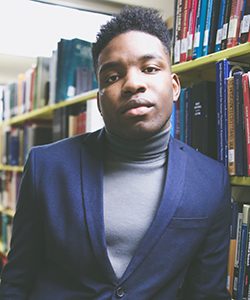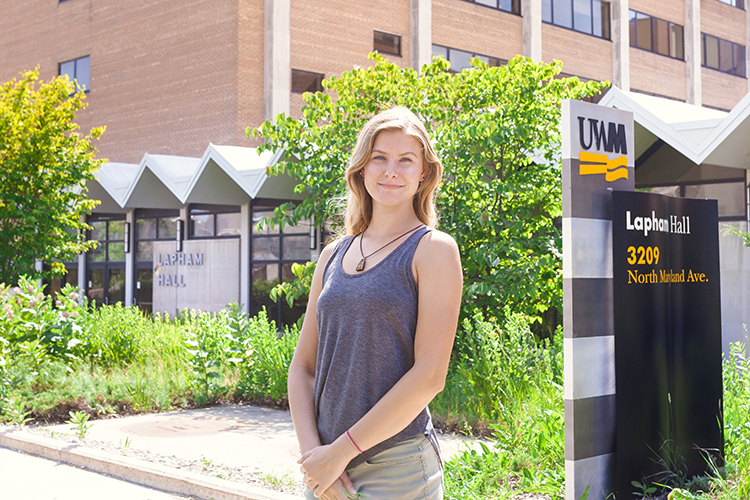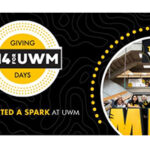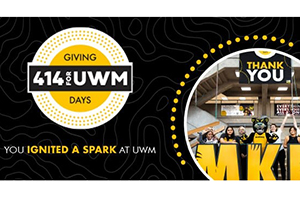This summer, two UWM students are trying to make a difference in one of Haiti’s poorest communities, Cité Soleil.
The students plan to install water filters in community centers, as well as supply food, medicine and shoes during their trip in early August.
The service trip, called Project Haiti, includes four people: Emily Ruder, a biological sciences student at UWM; Steven Duclaire, an interpersonal communications student at UWM; Nikia Johnson, biological sciences major at Marquette University; and Daniel Gonzalez, a professional photographer and cinematographer who is going to document the trip for the project donors and to spread awareness.

According to The World Bank, 6 million people out of the 10.4 million Haitian population live under the poverty line of $2.41 a day. Duclaire, a native of Haiti, knows the situation firsthand.
“I know living in poverty in Haiti because I used to not have shoes sometimes and my family lived on less than two dollars a day,” Duclaire said.
Cité Soleil was chosen because it is one of the poorest and densely packed neighborhoods in Haiti.
“I had lived in Cité Soleil for a few years. It’s very impoverished, beyond what you could imagine,” Duclaire said.
Collecting shoes
The trip started with the idea of collecting shoes to bring to Haiti. Like many impoverished places in the world, scores of children in Haiti do not have shoes. Project organizers worked with schools, community groups and churches to collect donations of lightly used or new shoes.

While doing the shoe drive, the students brainstormed other ideas of ways to help the Haitian community. A need for clean water is critical.
The water crisis has been dire for a very long time due to lack of basic infrastructure, natural disasters and poor planning. The World Bank reports that 38% of Haitians do not have access to clean water. Water filters are needed to stop the spread of bacteria and waterborne illnesses such as cholera.
Project Haiti is working with Sakala Youth Community Center to build a water filter there, as well as making sure community members know how to operate and fix it.
“We want to keep it very local. We are going to use a lot of the donations to buy food for them from local places and buy medications because they don’t really have health care down there,” Ruder said.
Sustainability important
Project Haiti is constantly thinking about the sustainability of their service trip. The students want to help local communities help themselves, and not only bring American goods down to Haiti. The one thing not bought in Haiti will be the donated shoes.
Project Haiti will co-facilitate trainings with Clean Water for Haiti about the use and maintenance of the water filters. Haitians employed by Clean Water will build the water filters.
The students will be paying $100 for the water filters to be built and for a one-year warranty. Sakala will need to pay just $5 for the water filter.
Working with Clean Water for Haiti is one of the ways the students are being sustainable. The organization is based in the Port-au-Prince area, staffed with Haitian employees and uses local materials for their product. It has built and installed 24,500 water filters since 2001.
With an eye on the future, Project Haiti organizers plan to create a nonprofit organization called Sustain the Future. The students hope that this service trip will be the first step to facilitating solutions for the issues Haiti is facing.
Project Haiti is funded through donations. Anyone who wants to help can contribute at the project’s GoFundMe page.







